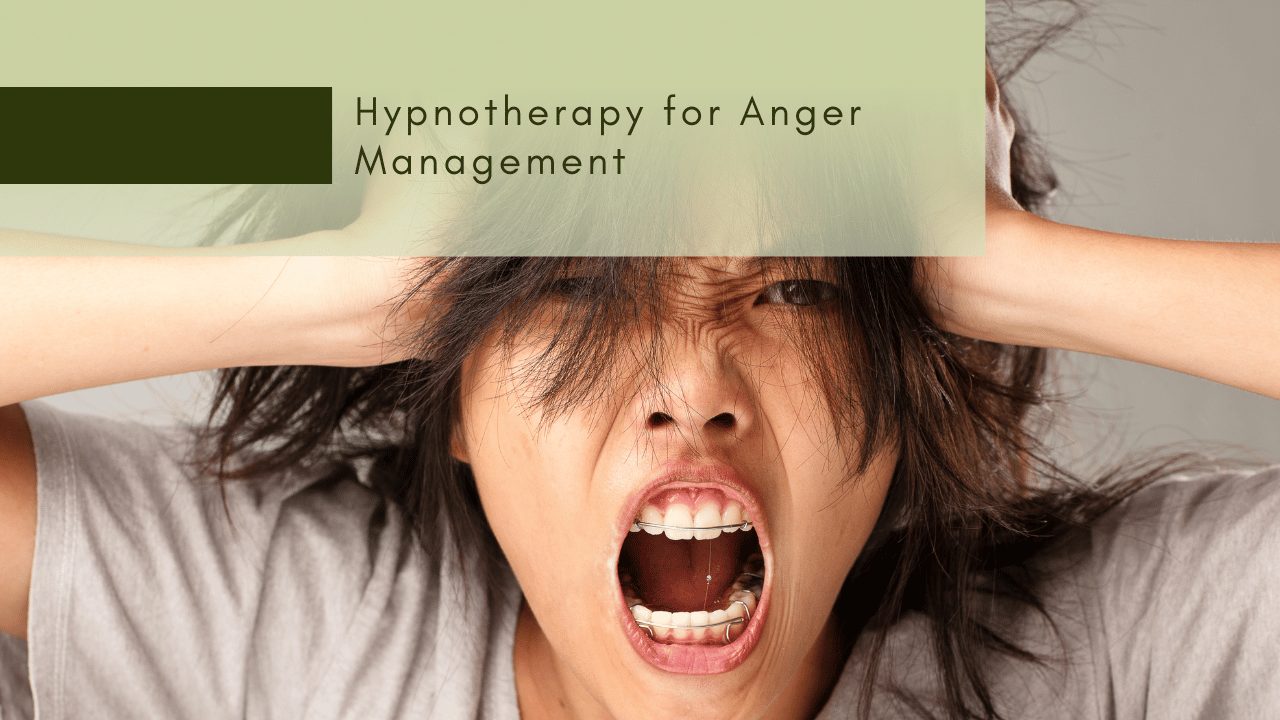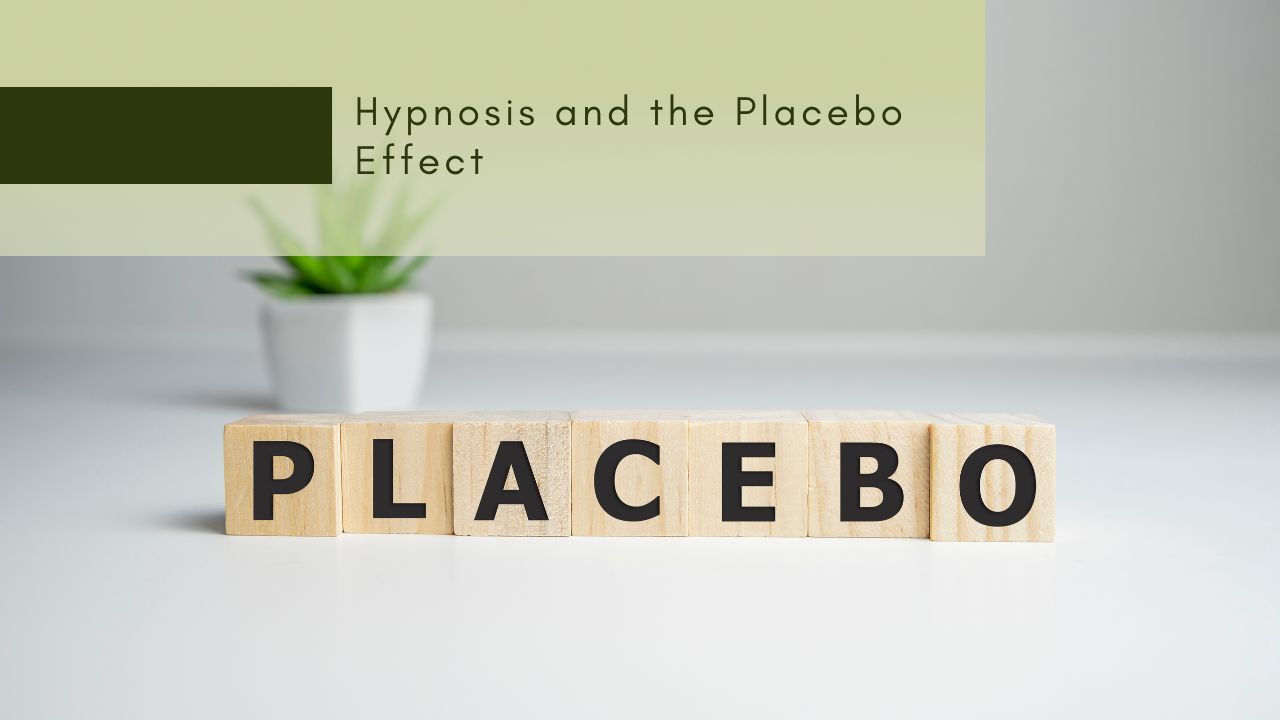In this post, we will explore the topic of hypnotherapy for anger management. Anger is a natural human emotion that can be triggered by various factors such as stress, frustration, or disappointment. However, when left unchecked, it can lead to negative consequences such as strained relationships, poor decision-making, and even health problems. Hypnotherapy is a calming and effective approach that can help you control your anger by addressing the root cause of your emotions and providing you with the tools to manage them better. We hope this post will provide you with valuable insights into the benefits of hypnotherapy for anger management.
How Does Anger Affect Your Health and Wellbeing?
Anger, like other strong emotions, can have both short-term and long-term effects on your health and wellbeing. While it’s a normal and natural emotion, chronic or intense anger can be harmful in various ways:
Immediate Physical Effects:
- Increased Heart Rate: Anger triggers the release of stress hormones like adrenaline, which can lead to a rapid increase in heart rate and blood pressure. This can strain your cardiovascular system.
- Muscle Tension: When you’re angry, your muscles may tense up, leading to discomfort or pain, especially in the neck, shoulders, and head.
- Digestive Problems: Anger can disrupt the digestive process and lead to issues such as stomachaches, indigestion, or even irritable bowel syndrome (IBS).
Mental Health Impact:
- Stress and Anxiety: Frequent anger can contribute to chronic stress and heightened anxiety levels, making it more difficult to cope with everyday challenges.
- Depression: Some individuals who struggle with anger issues may also be at risk for developing depression, as ongoing anger can lead to feelings of hopelessness and sadness.
- Relationship Strain: Uncontrolled anger can damage personal and professional relationships, leading to isolation and feelings of loneliness.
Long-Term Health Risks:
- Cardiovascular Problems: Chronic anger and stress can increase the risk of heart disease, including hypertension, heart attacks, and strokes.
- Weakened Immune System: Prolonged stress from anger can weaken your immune system, making you more susceptible to illnesses.
- Digestive Disorders: Long-term anger can contribute to gastrointestinal problems, such as gastritis, ulcers, and chronic digestive issues.
- Sleep Problems: Anger can disrupt sleep patterns, leading to insomnia or poor-quality sleep, which can, in turn, affect overall health and wellbeing.
Behavioral Consequences:
- Risk-Taking Behaviours: People who struggle with anger may engage in risky behaviours, such as substance abuse or reckless driving, which can further compromise their health.
- Difficulty with Problem-Solving: Intense anger can impair your ability to think clearly and make rational decisions, which can negatively impact your overall wellbeing.
It’s important to note that not all anger is inherently harmful. Anger can serve as a natural response to injustice or threats and can motivate positive changes. However, it becomes problematic when it is chronic, intense, or inadequately managed.
What is Hypnotherapy and How Can It Help You Control Your Anger?
Hypnotherapy is a therapeutic approach that uses therapies and hypnosis to help individuals achieve specific goals, overcome challenges, or address emotional and psychological issues. Hypnosis involves guiding a person into a deeply relaxed and focused state of consciousness where they are more open to suggestions and can access their subconscious mind. In this state, individuals can explore their thoughts, feelings, and behaviours more deeply and make positive changes.
In the context of anger management, hypnotherapy can be used to help individuals control and manage their anger by addressing the underlying emotional triggers and teaching them new coping strategies. Here’s how hypnotherapy can help with anger management:
What Are the Benefits of Using Hypnotherapy for Anger Management?
Hypnotherapy can offer several benefits for anger management when used as part of a comprehensive treatment plan. While individual results may vary, listed below are some potential advantages of using hypnotherapy in the context of anger management:
- Increased Self-Awareness: Hypnotherapy can help individuals become more aware of their thoughts, emotions, and triggers that lead to anger. This heightened self-awareness can be a valuable first step in managing anger more effectively.
- Emotional Regulation: Hypnotherapy can teach individuals techniques to better regulate their emotions. By inducing a state of relaxation and focus, it can help individuals gain better control over their emotional responses, reducing the likelihood of angry outbursts.
- Hypnotherapy for Anxiety & Stress Reduction: Stress is a common precursor to anger. Hypnotherapy can promote deep relaxation, reduce stress levels, and provide individuals with tools to manage stress in their daily lives, reducing the frequency and intensity of anger episodes.
- Cognitive Restructuring: During hypnotherapy sessions, individuals can work on changing negative thought patterns and beliefs that contribute to anger. This can lead to more positive and constructive ways of thinking and responding to anger triggers.
- Improved Coping Strategies: Hypnotherapy can help individuals develop and reinforce healthier coping strategies for dealing with anger. Techniques learned in hypnotherapy, such as deep breathing, visualisation, and mindfulness, can be applied in real-life situations.
- Hypnotherapy for Enhanced Communication Skills: Anger often arises from communication issues. Hypnotherapy can improve communication skills, teaching individuals how to express themselves assertively and constructively, reducing the need for aggressive or passive-aggressive behaviuor.
- Reduction in Physical Symptoms: Hypnotherapy can help alleviate physical symptoms associated with anger, such as muscle tension, headaches, and digestive problems, leading to overall improved physical well-being.
- Long-term Behavioural Changes: When used as part of a comprehensive anger management program, hypnotherapy can help individuals make lasting changes to their behaviour and responses to anger triggers.
- Personalised Approach: Hypnotherapy sessions are tailored to the individual’s unique needs and triggers. This personalised approach can be more effective in addressing specific anger issues.
- Non-Invasive and Drug-Free: Hypnotherapy is a non-invasive and drug-free therapeutic approach, making it a suitable option for individuals who prefer natural and holistic methods of managing anger.
How Do you Prepare for a Hypnotherapy Session for Anger Management?
Preparing for a hypnotherapy session for anger management can help you make the most of the experience and increase the effectiveness of the therapy. Below are some steps to help you prepare:
- Learn about how hypnotherapy works and what to expect during a session. Your therapist should explain the process to you, but it can be helpful to have some background knowledge.
- Define your specific goals for anger management. What do you want to achieve through hypnotherapy? Having clear objectives will help you and your therapist work towards a common purpose.
- Your hypnotherapist may ask you to complete some preparatory exercises or homework before your session. This may include journaling about your anger triggers or practicing relaxation techniques.
- Be prepared to discuss your anger issues openly and honestly with your therapist. The more your therapist knows about your situation, the better they can tailor the hypnotherapy to your needs.
- If you have any concerns or questions about the hypnotherapy process, discuss them with your therapist before the session begins. Understanding what to expect can help you feel more comfortable.
- Ensure that you are in a quiet and comfortable environment for the session. Eliminate distractions and make sure you won’t be interrupted during the session.
- On the day of your session, avoid consuming stimulants like caffeine or nicotine, as these can interfere with relaxation. It helps to wear comfortable clothing.
- Hypnotherapy is most effective when you have an open mind and are willing to cooperate with the therapist. Try to approach the session with a positive attitude and a willingness to change.
- Your hypnotherapist may provide you with instructions or exercises to do between sessions. It’s essential to follow these recommendations to reinforce the work done during the session.
Remember that hypnotherapy is a collaborative process, and your active participation and commitment to change are crucial for its success in managing anger. It’s also important to consult with your healthcare provider and follow their recommendations in conjunction with hypnotherapy if you have underlying medical or mental health issues related to anger.
What Happens During and After a Hypnotherapy Session for Anger Management?
During and after a hypnotherapy session for anger management, several key processes and experiences typically occur:
During a Hypnotherapy Session for Anger Management:
- Induction: The session begins with an induction process, during which the hypnotherapist guides you into a state of deep relaxation. This may involve focusing on your breathing, progressive muscle relaxation, or other relaxation techniques.
- Reaching a Hypnotic State: The therapist will then help you reach a hypnotic state, often characterised by a heightened state of suggestibility and focus. You’ll likely remain aware and conscious but in a highly relaxed and focused state.
- Working on Anger Issues: Once in the hypnotic state, the hypnotherapist may guide you to explore the underlying causes of your anger, such as past experiences or triggers. You may work on changing thought patterns, beliefs, or emotional responses related to anger.
- Suggestion and Visualisation: The therapist may use suggestions and visualisations to help you manage your anger more effectively. These may include imagining yourself responding calmly to anger triggers or replacing negative thought patterns with positive ones.
- Skill Building: Hypnotherapy can also involve teaching you specific anger management skills and techniques that you can use in your daily life. These skills may include relaxation exercises, communication strategies, and coping mechanisms.
- Positive Reinforcement: The hypnotherapist may reinforce positive behaviours and responses to anger triggers, helping to strengthen your ability to manage anger more constructively.
After a Hypnotherapy Session for Anger Management:
- Integration: After the session, you’ll gradually return to your normal waking state. The therapist will help you reorient yourself and may discuss the session’s content and any insights you gained.
- Reflection: Take some time to reflect on the session and any experiences or emotions that arose during hypnotherapy. This reflection can help you process and integrate the session’s insights into your daily life.
- Practice and Homework: Your hypnotherapist may provide you with exercises or techniques to practice between sessions. Consistent practice is often essential for lasting change.
- Monitor Progress: Pay attention to how you respond to anger triggers in your daily life. Track any improvements or changes in your anger management skills and emotional responses.
- Scheduled Follow-Up Sessions: Hypnotherapy is often a process that involves multiple sessions. You may have scheduled follow-up sessions to build on the work done in previous sessions and continue developing your anger management skills.
- Communication with the Hypnotherapist: Maintain open communication with your hypnotherapist, sharing your experiences, challenges, and progress. This feedback can help the therapist tailor future sessions to your needs.
- Self-Care: Continue practicing self-care techniques, including relaxation, stress management, and mindfulness, to support your anger management efforts.
Some individuals may experience significant improvements after a few sessions, while others may require more extensive therapy.
How Do You Find a Qualified and Experienced Hypnotherapist in Auckland?
Livewell Hypnotherapy offers hypnotherapy in Auckland to help with anger management. You can book a complementary and obligation-free call with us to find out if what we offer is right for you.
Alternatively, you can do a Google search or visit NZ Society of Clinical & Applied Hypnotherapy (nzhypnotherapists.co.nz)




